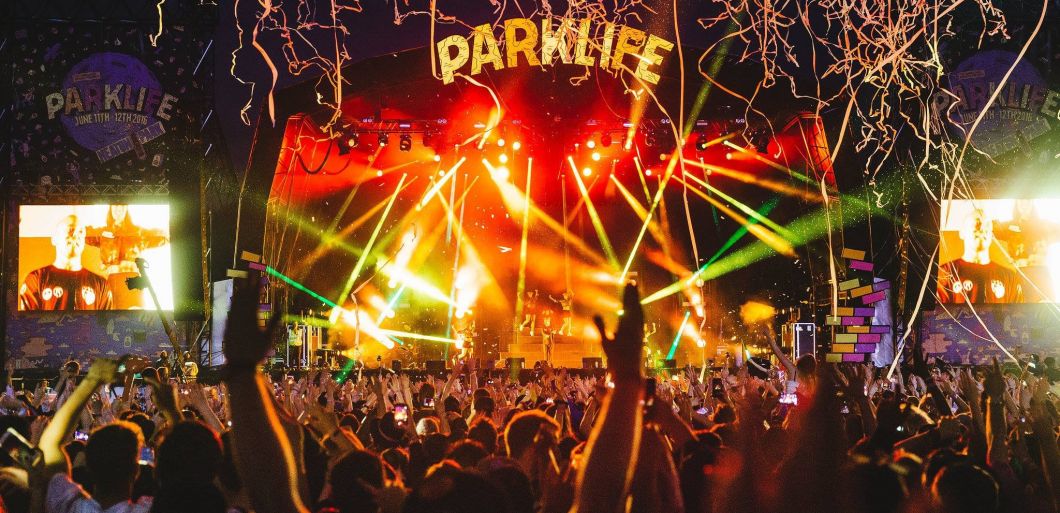
Classic album: The Streets 'Original Pirate Material'
Ben Smith rolls back to 2002 and reflects on the significance of The Streets' Original Pirate Material to British rap music and what made it one of the albums of the decade.
Skiddle Staff
Last updated: 25th Mar 2019
Image: The Streets
"Original Pirate Material, you're listening to The Streets, lock down your aerial." It's perhaps the most iconic album of the noughties, original no doubt, but more importantly a game changer for British rap without trying to ruffle any feathers across the Atlantic.
Gangsta rap, spawned during the eighties relays the similar social commentary to that of Original Pirate Material. But Skinner stays true to his roots, swapping drive-bys with brandy, weed and geezers. 21 only comes around once, which is why this album could never be replicated and Mike Skinner had to consistently innovate to remain prominent.
Find The Streets tickets.
It helped rally against the negativity that had overwhelmed the UK Garage scene, which following on from a Craig David, Artful Dodger and So Solid Crew led charge to the mainstream was being pilloried for gun crime and gang related drama.
OPM proved the music wasn't the font of negativity critics unfairly suggested, helping push the once relatively unknown subculture further to an audience above the underground, and arguably inspiring a generation of word-spun British pop along the way.
At a similar time, the grime scene was burgeoning within the capital, an off-shoot of UK garage largely introduced through figures like Dizzee Rascal and Wiley. But you have to weigh up the influence of OPM and what it meant to that pocket of the UK underground as a whole.
We currently take rap influenced artists plugging the charts like Stormzy or Sleaford Mods for granted. Both talented no doubt, but would there be a space in British pop culture for such music without the mainstream validity The Streets gave to British rap at the time? Maybe, who knows.
What's even more remarkable is that not only did the album reflect the origins of its genre, but it was produced exactly how material buzzing the underground would be. No studio in sight, just a 21 year old Mike Skinner in his London flat, mattresses on walls, vocals recorded in a wardrobe and instrumentals sewn on a run-of-the-mill laptop.
Find The Streets tickets.
The album itself is as true to life for many as it gets, some tracks more sincere than others, some hilarious; but all executed with elite wordplay of each that came before it. Even if you can't relate with 'smacking people in the head and downing another Carling', the album has to be admired, at least if you're British.
The American publications didn't get it, because it doesn't translate, but then again why would it? Skinner's not sat in Buckingham palace drinking cups of tea, he's talking double Marlons, good earthy herbs and geezers. Real British life, or "At Street level" as he puts it.
We're not dealing with revolutionary instrumentals either, but two step garage beats and clever percussion moulded to the astute word play he emanates. 'Let's Push Things Forward' paints the albums spine in black and white, "I excel in both content and deliverance", though it's undeniable that the odd orchestral intrusion or looping drum beat doesn't resonate in your mind hours later.
For all this influence on rap music, Mike Skinner is far removed from the standard idea of a rapper nor an MC, OPM communicates a form of poetic social commentary that's closer to spoken word. It's real working class stuff, digging up societal nuances everyday British people are frequently accustomed too.
The trade off between Terry The Law abider and Tim the philosophical criminal on 'The Irony Of It All' is genius, and entirely relatable. If you're not sat in hazy bubble discussing how beautiful Gail Porter is on a weekend, you're probably drunk - be honest.
Find The Streets tickets.
Read more news






















